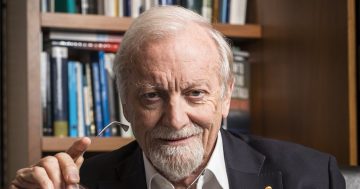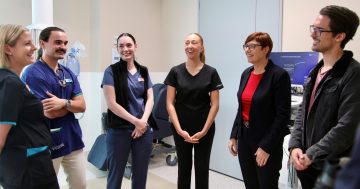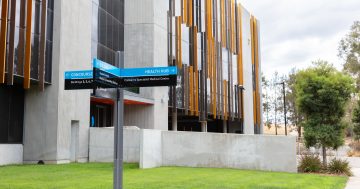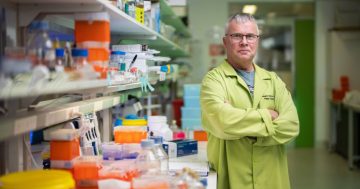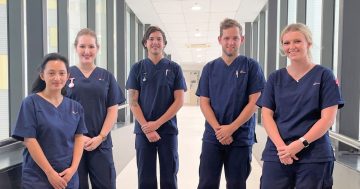 A contact tracing training program developed by ACT Health and the Australian National University (ANU) in response to COVID-19 has been snapped up internationally by public health departments in the USA, Germany, the European Union and Mediterranean.
A contact tracing training program developed by ACT Health and the Australian National University (ANU) in response to COVID-19 has been snapped up internationally by public health departments in the USA, Germany, the European Union and Mediterranean.
Minister for Health, Rachel Stephen-Smith said the global recognition received from international partners was a testament to ACT Health, Canberra’s strong knowledge economy and its tertiary education institutes.
“We have made excellent progress in suppressing COVID-19 in the ACT,” Ms Stephen-Smith said.
“Much of this success can be attributed to the intense planning, preparation and strong epidemiological response provided by ACT Health,” she said.
“Canberrans can be very proud of ACT Health and our universities, knowing the work they have done to protect our own community is now helping so many others across the world.”
Ms Stephen-Smith said the e-learning program, developed in early March, had enabled more than 100 students to be up-skilled in contact tracing and act as surge capacity for contact tracing teams in the Territory.
She said the training included scenario-based exercises with feedback; data collection templates for case investigations; scripts and FAQs for conducting contact tracing interviews; as well as in-depth information on how to achieve the goals and outcomes of contact tracing.
“The training, which was offered to Master of Public Health, medical and nursing students at ANU and the University of Canberra, has seen students able to put their training into practice to help reduce the spread of COVID-19 in our community,” she said.
Ms Stephen-Smith said the training program materials had been shared with the Global Outbreak Alert and Response Network, World Health Organisation, Médecins Sans Frontières (Doctors Without Borders), and the European Centre for Disease Prevention and Control.
ACT Chief Health Officer, Dr Kerryn Coleman said she was incredibly proud of her team for the work they had done with the ANU which was now helping other countries during the health crisis.


